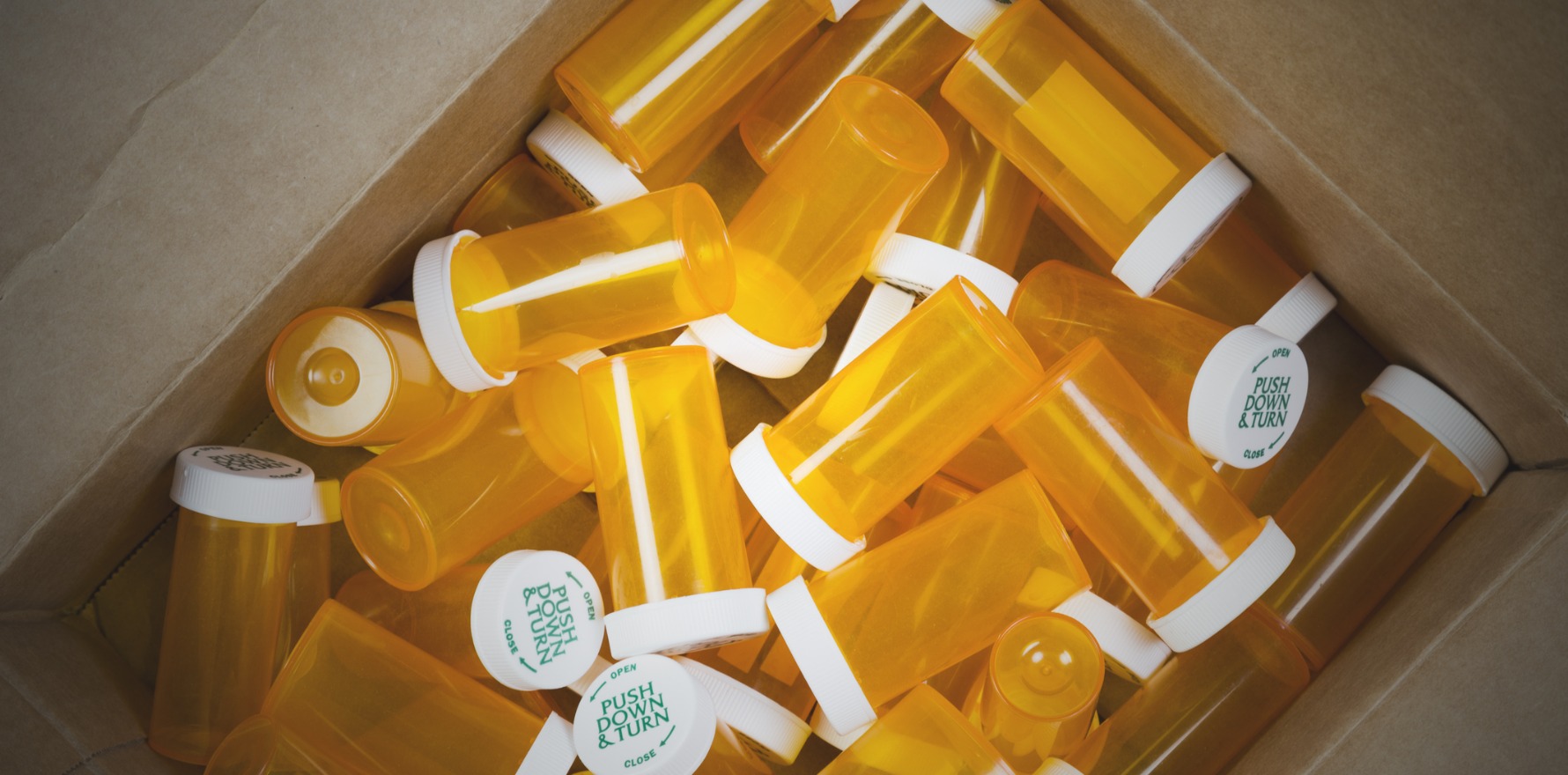The college has called on the TGA to work towards integrating drug-shortage notifications into CISs and is supportive of repurposing off-patent drugs for new indications.
The Therapeutic Goods Administration should proactively notify GPs of relevant drug shortages, ideally through clinical information systems when the technology catches up, says the RACGP.
Australia has been plagued by several critical drug shortages in recent month – be that ADHD medication, drugs and devices for women or diabetes drugs.
With approximately 87% of PBS medication prescribed by GPs, this has a significant impact on general practice care.
In its response to the TGA’s consultation on medicines shortages in Australia, which was released yesterday, the RACGP called for proactive notification for GPs.
“It would be beneficial for the TGA to identify medicine shortages and substitutions provisions that will impact general practice and have a proactive process of alerting GPs to expect disruption,” said the college.
“This ensures GPs have the most up-to-date information to prescribe medications to their patient.”
Currently, details of medicines in shortage, some of which can be substituted if necessary, can be found on the TGA website.
The college said, while it can help disseminate information on shortages, other channels should also be considered.
“It would be helpful for the TGA warnings about shortages to be integrated into general practice clinical information systems,” read the RACGP submission.
“While this is currently not technically possible, there is ongoing work being conducted to make GP clinical information systems compatible with Fast Health Interoperability Resources standards and Smart App functionality.
“Once healthcare information exchange between different computer systems is established, (via FHIR standards) then an interface between TGA warnings and GP prescribing software would be technically feasible.”
The college also called for better mechanisms to ring-fence supply of critical drugs.
“Medication shortages impact patient care and safety,” it said.
“Ensuring minimum supply is available is particularly important for critical needs medication, and for medications with no alternatives for the same indication.
“The RACGP recommends mechanisms and/or mandates be put into place to ensure a minimum supply of medication is always available in Australia to more effectively meet demand.”
Related
In another submission released yesterday, the college noted its support for the Medicines Repurposing Program – aimed at improving access to medicine by identifying new indications for existing drugs.
The program offers waived fees for sponsors to apply and seek subsidies for new uses for, predominantly, off-patent medicines, however it may be applicable to medications still under patent restrictions.
The college was largely supportive of the program; however it said more detail was needed on criteria for eligibility and the level of evidence needed.
“Ideally evidence for effectiveness should come from systematic reviews of the literature, rather than individual industry-sponsored trials,” said the college.
“Processes such as GRADE (Grading of Recommendations, Assessment, Development and Evaluations) provide objectivity and transparency in the translation of evidence to clinical decision-making.”
The college also recommended that beyond evidence of safety and efficacy, cost effectiveness, quality of life and equity should be considered by the TGA when assessing applications.
Applications should be accepted from clinician peak-bodies, as well as other sponsors like drug companies, added the college.





